detail profile humphrey jennings
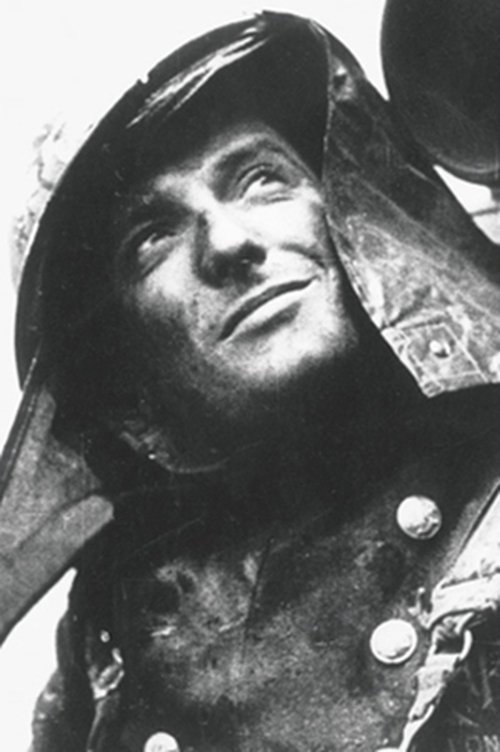
Riwayat Hidup
Frank Humphrey Sinkler Jennings (19 August 1907 – 24 September 1950) was an English documentary filmmaker, celebrated for his poetic and visually striking portrayals of British life during World War II.
A co-founder of the Mass Observation social research organization, Jennings blended avant-garde techniques with a deep sense of national identity, creating films that captured the resilience and spirit of the British people.
His most acclaimed works, including Listen to Britain (1942), Fires Were Started (1943), and A Diary for Timothy (1945), showcase his unique ability to fuse documentary realism with lyrical storytelling.
Film critic and director Lindsay Anderson described him as "the only real poet that British cinema has yet produced.
"
Info Pribadi
Peran Yang Di Mainkan Humphrey Jennings
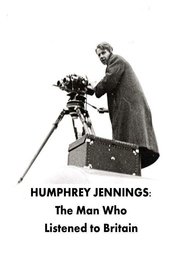 Documentary about Humphrey Jennings an English...
Documentary about Humphrey Jennings an English...Humphrey Jennings: The Man Who Listened to Britain 2025
Documentary about Humphrey Jennings, an English documentary filmmaker from the 1930s to 1950.
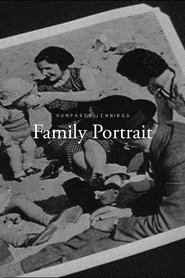 In preparation for the celebration of...
In preparation for the celebration of...Family Portrait 1950
In preparation for the celebration of the 1951 Festival of Britain, this short film was released to assure British citizens of their nation's place in the world and of their own places within that nation. Illustrative scenes of farming, science, political, and social life are juxtaposed to present a familiar and reassuring image of Britain.
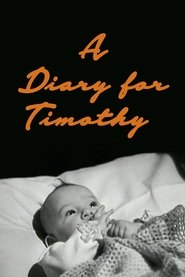 A narrator recounts the state of...
A narrator recounts the state of...A Diary for Timothy 1945
A narrator recounts the state of Great Britain near the end of WWII via a visual diary for the titular baby boy born in September 1944.
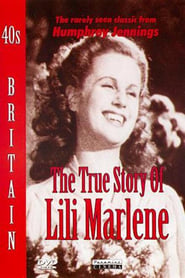 The Eighth Army famously adopted a...
The Eighth Army famously adopted a...The True Story of Lili Marlene 1944
The Eighth Army famously adopted a German song in the Western Desert. The Crown Film Unit traces the journey of Lili Marlene from its composition in post-WW1 Hamburg, via Radio Belgrade and the Afrika Korps, through victory in Tunisia and Sicily, to an imagined post-war East End, full of light, music and bananas for sale.
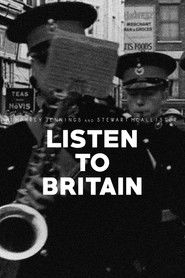 A depiction of life in wartime...
A depiction of life in wartime...Listen to Britain 1942
A depiction of life in wartime Britain during the Second World War. Director Humphrey Jennings visits many aspects of civilian life and of the turmoil and privation caused by the war, all without narration.
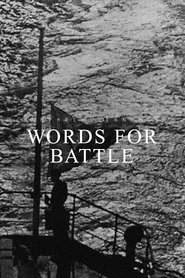 Poetry by Rudyard Kipling John Milton...
Poetry by Rudyard Kipling John Milton...Words for Battle 1941
Poetry by Rudyard Kipling, John Milton, and William Blake, and excerpts from speeches by Abraham Lincoln and Winston Churchill, all read by Laurence Olivier, illuminate documentary footage of England during its defense against the Nazi blitz in World War II. This short film serves as both propaganda and as a rallying cry to the British people.
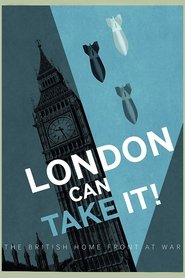 A tribute to the courage and...
A tribute to the courage and...London Can Take It! 1940
A tribute to the courage and resiliency of Britons during the darkest days of the London Blitz.
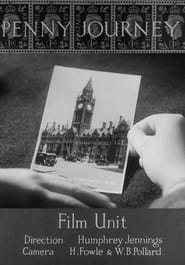 As the subtitle of the film...
As the subtitle of the film...Penny Journey 1938
As the subtitle of the film suggests - The Story of a Post Card from Manchester to Graffham - this journey is very much focused on the process of sorting, transporting and delivering the postcard in question.
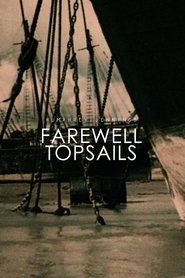 One of the last voyages of...
One of the last voyages of...Farewell Topsails 1937
One of the last voyages of a commercial sailing ship on a trip from Cornwall.
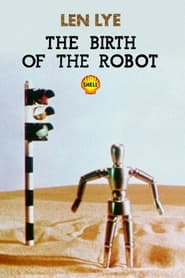 This experiment was a prestige advertisement...
This experiment was a prestige advertisement...The Birth of the Robot 1936
This experiment was a “prestige advertisement” for Shell Motor Oil. As conventional animation became dominated by Walt Disney, many European filmmakers turned to puppets as an alternative, and Lye enlisted the help of avant-garde friends such as Humphrey Jennings and John Banting to make the amusing puppets. Exploring the still-complex color process, which involved the combination of three separate images, Lye creates such a vivid storm scene that reviewers hailed it as “proof that the color film has entered a new stage.” The music is Holst’s The Planets. - Harvard Film Archive
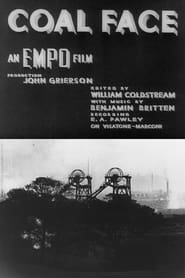 1935 documentary about the hard working life...
1935 documentary about the hard working life...Coal Face 1935
1935 documentary about the hard working life of Welsh coal miners.
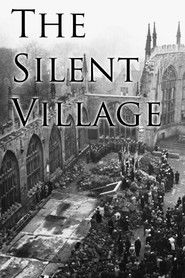 The true story of the massacre...
The true story of the massacre...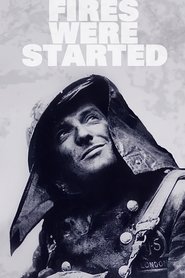 British film written and directed by...
British film written and directed by...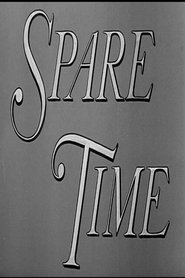 Documentary short by Humphrey Jennings
Documentary short by Humphrey Jennings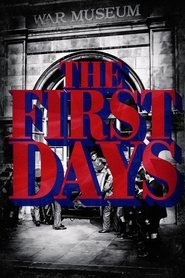 Londoners prepare for war
Londoners prepare for war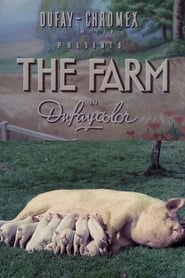 Documentary short by Humphrey Jennings
Documentary short by Humphrey Jennings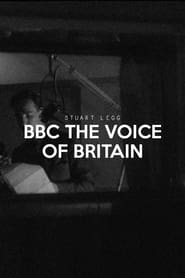 An impressionistic portrait of the BBC
An impressionistic portrait of the BBC